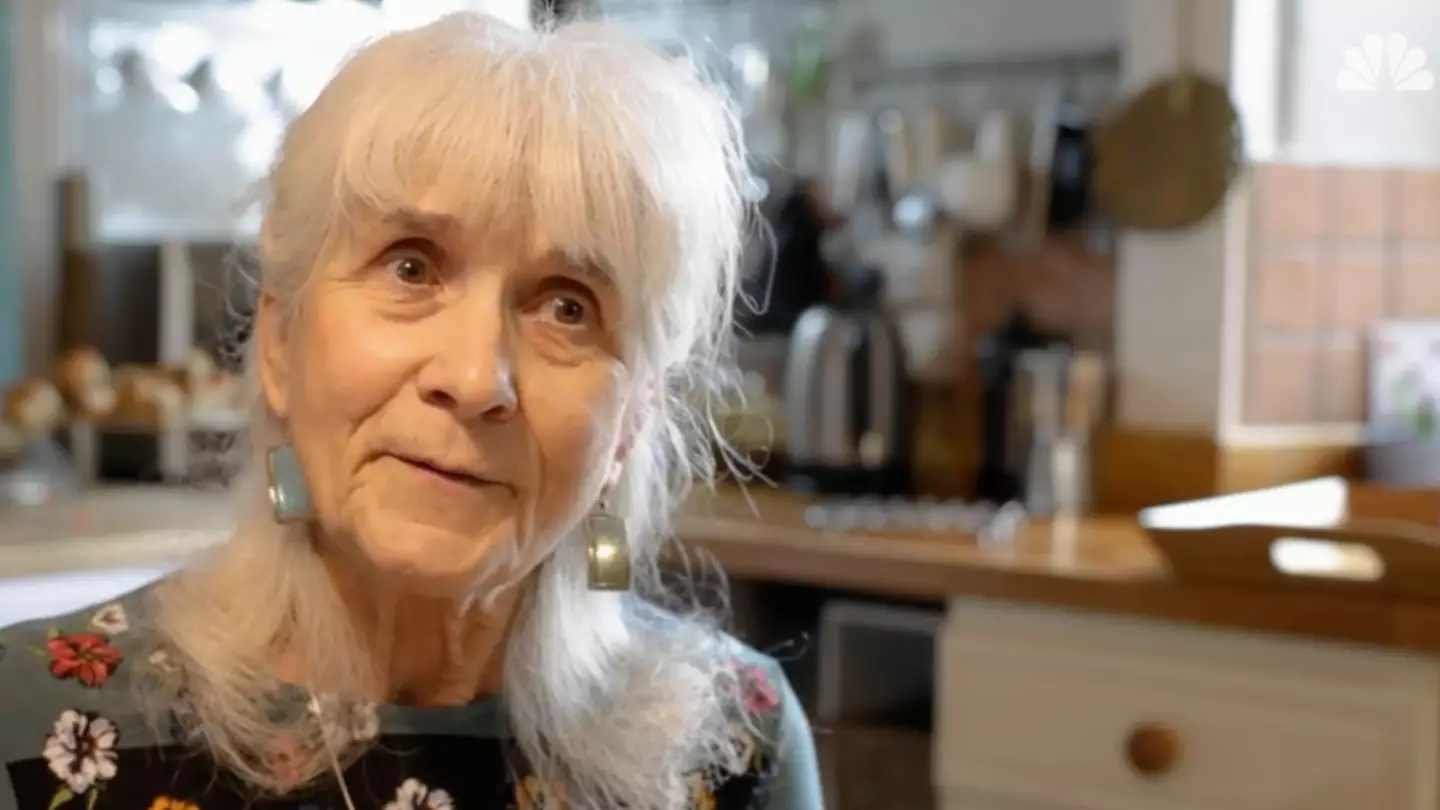Researchers have uncovered a fascinating genetic anomaly in a Scottish woman that prevents her from experiencing pain. This discovery has significant implications for understanding pain and developing new treatment methods.
Jo Cameron resides in the Scottish Highlands and has lived her life without the sensation of pain. At 77, she claims to have never experienced anxiety or fear, thanks to a unique genetic mutation. Her condition gained attention in 2019 when it was revealed she cannot feel pain, stress, or fear.
Her journey to discovering this condition began a decade ago at age 65 when she sought medical advice for a hip issue. Despite severe joint degeneration, Jo experienced no discomfort, surprising doctors with her lack of sensation and remarkably swift recovery.
Following this, she underwent hand surgery to address osteoarthritis and reported no pain, despite the typically painful nature of the procedure.

Her case was referred to pain specialists at University College London (UCL) for further study.
Jo has endured broken bones, cuts, burns, and childbirth, needing little to no pain relief. She even enjoys eating hot scotch bonnet peppers, describing only a ‘pleasant glow’ rather than pain.
Remarkably, when she burns herself, she becomes aware of it only by smelling the burning skin. In 2019, she remarked to The Guardian: “I’m vegan, so the smell is pretty obvious. There’s no other burning flesh going on in the house.”
Scientists are currently exploring how Jo’s genetic mutation allows her to age and undergo surgeries painlessly. UCL researchers have identified how mutations in the FAAH-OUT gene function at a molecular level, offering potential insights into rapid wound healing. These findings could lead to new drug developments for managing pain and treating chronic conditions.

Professor James Cox of UCL Medicine explained to Sky News: “By understanding precisely what is happening at a molecular level, we can start to understand the biology involved and that opens up possibilities for drug discovery that could one day have far-reaching positive impacts for patients.”
The team’s research, published in the journal Brain, indicates that the FAAH-OUT mutation reduces the expression of the FAAH gene, which influences pain, mood, and memory. Jo’s FAAH gene enzyme activity was found to be significantly lower, while another gene, WNT16, involved in bone generation, showed increased activity.
Jo also possesses two other altered genes, BDNF and ACKR3, which may contribute to her low anxiety, fear, and pain-free life.
Dr. Andrei Okorokov, a senior author of the study from UCL Medicine, commented: “The FAAH-OUT gene is just one small corner of a vast continent, which this study has begun to map. As well as the molecular basis for painlessness, these explorations have identified molecular pathways affecting wound healing and mood, all influenced by the FAAH-OUT mutation. As scientists, it is our duty to explore and I think these findings will have important implications for areas of research such as wound healing, depression and more.”

